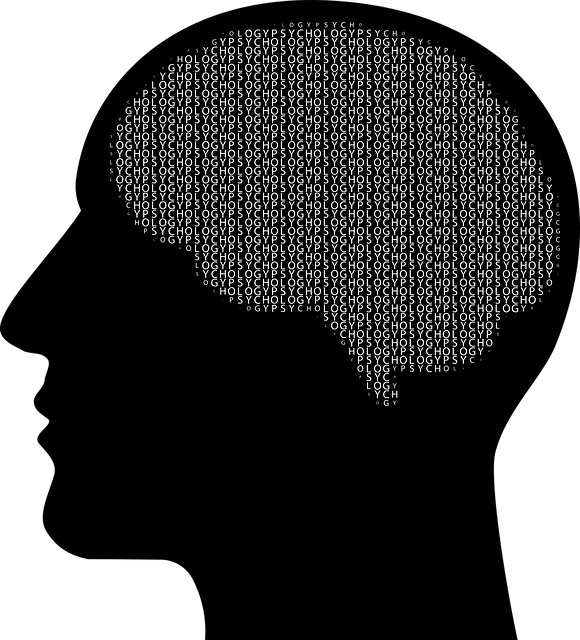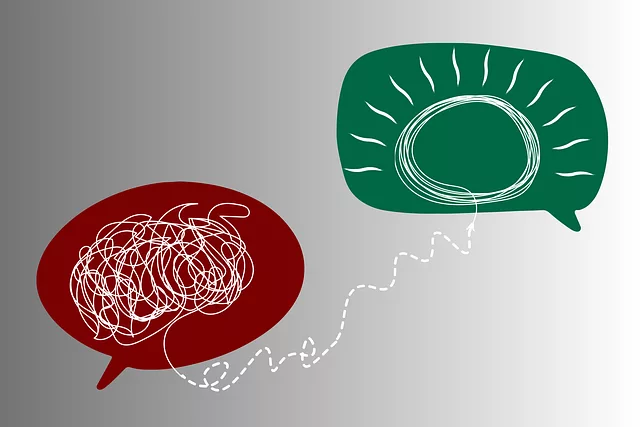Understanding risk assessment is vital for Denver Kaiser mental health programs, where it forms the basis for safe and effective practice. The process involves evaluating potential hazards in therapeutic settings, focusing on client and practitioner well-being. Key factors considered include mental illness nature, history, interventions, self-harm, substance misuse, and behavioral changes. The Denver Kaiser Framework provides a structured approach, emphasizing hazard identification, vulnerability assessment, and mitigation strategy implementation. Mindfulness, emotional regulation, and self-care practices enhance resilience and well-being. Comprehensive risk assessments review client history for past traumas and vulnerabilities, while integrating coping mechanisms and inner strength development. Regular protocol reviews by clinical teams, administration, and patients ensure updated best practices and address emerging challenges, fostering a culture of care and resilience.
In the dynamic field of mental healthcare, risk assessment is an indispensable tool for ensuring patient safety. This comprehensive guide delves into the critical aspects of risk management for professionals, offering a structured approach based on the Denver Kaiser Framework. We explore essential components of a robust risk assessment protocol, highlighting its role in identifying vulnerabilities and implementing effective mitigation strategies. Learn how these programs can enhance patient care, foster secure environments, and contribute to the success of Denver Kaiser mental health initiatives.
- Understanding Risk Assessment in Mental Health: A Foundation for Safe Practice
- The Denver Kaiser Framework: Identifying and Mitigating Risks
- Essential Components of a Comprehensive Risk Assessment Protocol
- Enhancing Patient Safety: Implementing and Reviewing Risk Management Strategies
Understanding Risk Assessment in Mental Health: A Foundation for Safe Practice

Understanding risk assessment is paramount for mental health professionals as it forms the bedrock of safe and effective practice. This process involves meticulously evaluating and managing potential hazards that may arise in therapeutic settings, ensuring both client and practitioner well-being. By implementing robust risk assessment protocols, Denver Kaiser mental health programs aim to foster a secure environment conducive to healing.
A comprehensive risk assessment considers various factors such as the nature of the client’s mental illness, their history, and current circumstances, as well as the therapeutic interventions planned. This includes addressing potential risks related to self-harm or harm to others, substance misuse, or unexpected changes in behavior. Promoting positive thinking and mental illness stigma reduction efforts play a significant role in this process, encouraging open communication and supportive relationships that can mitigate identified risks. Equally important are self-care practices for professionals, which not only enhance resilience but also ensure they remain equipped to provide the best possible care.
The Denver Kaiser Framework: Identifying and Mitigating Risks

The Denver Kaiser Framework is a structured approach designed to help mental health professionals identify and manage risks effectively. This framework draws on best practices from various mental health programs, focusing on three key areas: identifying hazards, assessing vulnerabilities, and implementing mitigation strategies. By employing this methodical process, therapists can create a safer working environment for themselves and their clients.
Within the framework, mindfulness meditation, emotional regulation techniques, and self-care practices are recognized as essential tools to enhance resilience. These practices not only help professionals maintain their mental well-being but also enable them to provide more consistent and effective care. Through regular integration of these strategies into daily routines, mental health practitioners can mitigate risks associated with high-stress work environments, fostering a healthier and more sustainable career.
Essential Components of a Comprehensive Risk Assessment Protocol

A comprehensive risk assessment for mental health professionals involves several key components that ensure a holistic understanding of an individual’s potential risks and resilience. Firstly, a thorough review of the client’s history is imperative, including their past traumas, mental health diagnoses, and treatment experiences. This historical context provides valuable insights into recurring patterns or vulnerabilities.
Additionally, Denver Kaiser mental health programs emphasize the importance of assessing current risk factors such as suicidal ideation, homicidal thoughts, or any history of self-harm. The assessment should also focus on identifying coping mechanisms and inner strength development to gauge the individual’s ability to navigate challenging situations. By incorporating resilience building and confidence boosting strategies into the evaluation, mental health professionals can better support clients in managing risks and promoting positive outcomes.
Enhancing Patient Safety: Implementing and Reviewing Risk Management Strategies

In enhancing patient safety within mental health care, Denver Kaiser mental health programs emphasize the critical importance of implementing and regularly reviewing robust risk management strategies. These strategies serve as a foundational framework to mitigate potential risks and ensure the well-being of both patients and healthcare providers. By integrating evidence-based practices, these programs aim to create a supportive environment that not only prevents adverse events but also fosters effective trauma support services and promotes mental health awareness.
Regular reviews of risk management protocols are essential in keeping up with evolving best practices and addressing emerging challenges. Denver Kaiser’s approach involves collaborative efforts among clinical teams, administration, and patients, fostering an open dialogue that strengthens the overall safety net. This proactive measure not only reduces stress reduction methods’ potential pitfalls but also empowers all stakeholders to actively participate in creating a culture of care and resilience.
Mental health professionals play a vital role in fostering healing and well-being, but they also face unique risks. By implementing comprehensive risk assessment protocols inspired by the Denver Kaiser Framework, practitioners can effectively identify and mitigate potential hazards. This approach ensures patient safety while enabling professionals to provide high-quality care. Incorporating essential components such as thorough risk factor identification, collaborative team efforts, and ongoing review, mental health programs can enhance their risk management strategies, mirroring the successful Denver Kaiser mental health programs.






